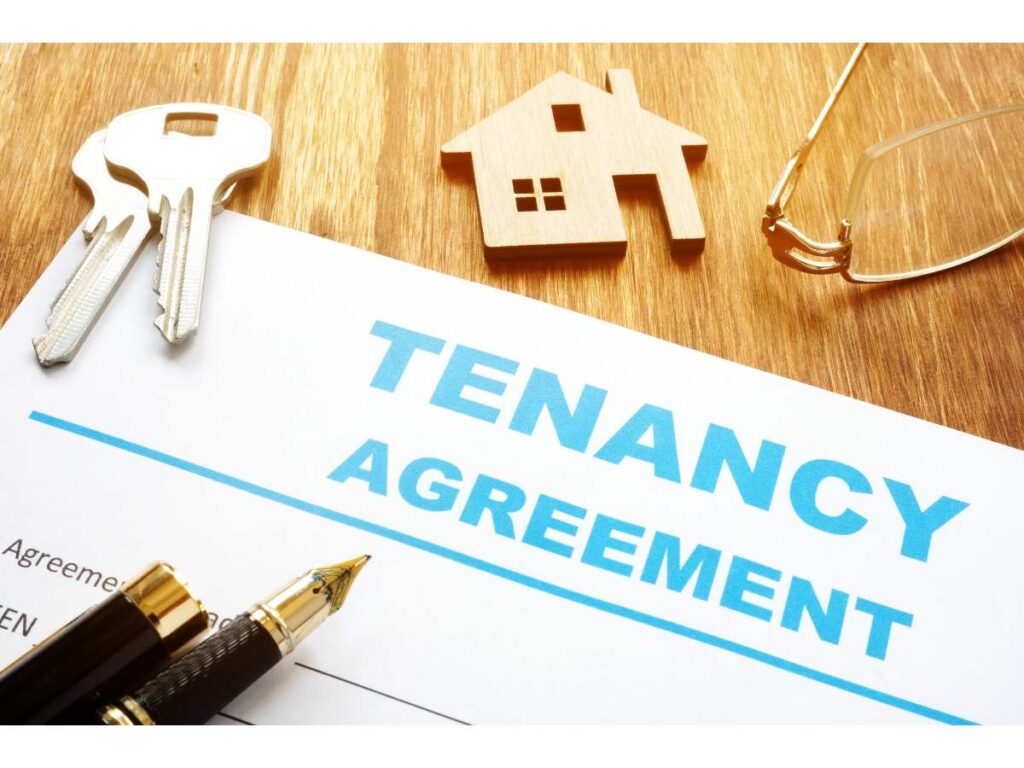The Alberta Landlord Tenant Act, officially known as the Residential Tenancies Act (RTA), is legislation that provides a framework for the relationship between landlords and tenants within Alberta. Understanding its implications is essential for ensuring a smooth and successful rental experience.
Implications of the Residential Tenancy Act for Landlords
While the Residential Tenancy Act protects tenants’ rights to safe and secure housing, the Act also outlines important protections and responsibilities for landlords. Familiarizing yourself with these implications empowers you to manage your rental property effectively and build a positive relationship with your tenants.
What is Covered by a Rental Lease?
The rental lease agreement lays out the rights and responsibilities of both the tenant and the landlord, outlining key details like:
- the names of the landlord and tenant
- the exact address of the rental property
- the duration of the lease (whether month-to-month or a fixed term)
- the amount and due date for rent payments
- security deposit details
- protocols for maintenance and repairs
- procedures for early termination by either party
- any additional terms or house rules specific to the property itself
What are the Eviction Rules of Alberta’s Residential Tenancy Act?
Alberta’s Residential Tenancies Act outlines the legal grounds for eviction, which can include issues like rent delinquency, property damage exceeding normal wear and tear, or breaches of the lease agreement. However, landlords cannot simply remove a tenant – the RTA establishes a clear process for legal eviction.
This typically involves providing the tenant with a written “Notice of Termination” specifying the reason for eviction, granting the tenant a reasonable timeframe to rectify the issue. If the issue persists after this opportunity, landlords can then apply for an “Order of Possession” through the Residential Tenancy Dispute Resolution Service.
Rental Increase Limits
In Alberta, landlords must adhere to strict guidelines when increasing rent to ensure predictability for tenants. Landlords can only increase the rent once every 365 days; they must provide tenants with a minimum of 3 months’ notice before increasing the rent.
It is important to note that Alberta’s Residential Tenancy Act does not place a specific limit on the amount by which a landlord may raise the rent. However, the common law prevents landlords from using excessive hikes as an eviction tactic.
How To Best Utilize and Act Within Alberta’s Residential Tenancy Act
Understanding your rights and responsibilities as a landlord is key to fostering a smooth relationship with your tenants. The Residential Tenancy Act acts as a valuable framework but navigating its intricacies can be time-consuming. At Larlyn, we empower you to confidently manage your rental property while upholding the fair and respectful standards outlined in the Residential Tenancy Act. Let Larlyn help you navigate the landscape and achieve success as a landlord.







